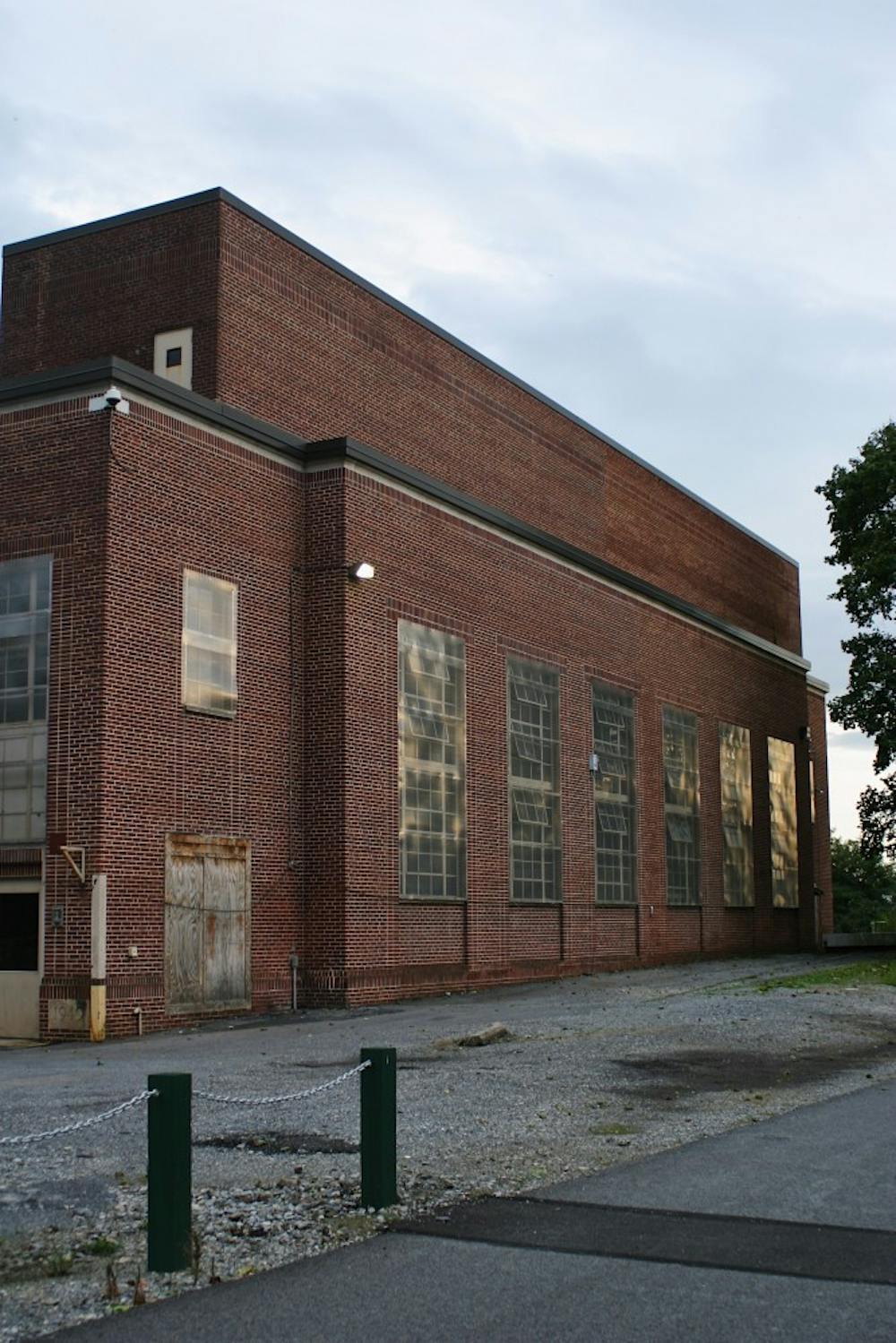Shippensburg University’s formerly-known department of computer science and engineering received an upgrade in September with the launch of the school of engineering.
The school, which is still under the College of Arts and Sciences, now boasts three separate departments and six different programs, including its newest programs —civil engineering and mechanical engineering.
According to professor Carol Wellington, the director of the school of engineering and department chair of computer, electrical and software engineering, the mechanical engineering program was approved in December of 2017 and civil engineering was approved this past May. Both programs are effective this semester and have students currently enrolled.
The creation of the school and its new programs is a response to the growing job market.
“The state system contracted an analytics firm to look at what they call the ‘demand gaps,’” said professor Tom Briggs, interim chair of mechanical and civil engineering. “The demand for students looking for mechanical and civil programs versus the number of programs they have accessible to them was out of sync.”
The Bureau of Labor Statistics predicts there will be 65,000 new engineering jobs added from 2014-2024.
While the bureau expects mechanical engineering jobs to grow at the average speed — around 9 percent — from 2016 to 2026, civil engineering jobs are expected to grow at 11 percent. The bureau also said that both jobs have an average pay of at least $90,000.
As the jobs continue to grow, so do admissions. Enrollment for the programs in the school of engineering went up 60 percent from last year to this year, according to Wellington.
Around 20,372 degrees were awarded for civil engineering in 2016, while 39,294 were awarded for mechanical engineering the same year, according to Data USA. These numbers are expected to grow moving forward.
Both Briggs and Wellington said they have received numerous phone calls from employers who are interested in the new program and are looking for students to fill positions.
“They’re like, ‘Wow! Ship has engineering, we’ll come and talk to your students,’” Wellington said.
The new school of engineering is expected to be more beneficial to students than the former singular department.
Wellington said there are now three department chairs instead of one, and it will allow faculty to be more responsive when a student needs something. She added that separating into departments has allowed programs to become more specialized and serve particular students, as opposed to a broad student population.
“I mean, it was really unusual to have civil engineering in the same department with computer science,” Briggs said. “As we start to have all the students start to pile in, I think having different programs helps the students have a different identity, but yet still stay within the same school.”
The current goal for the school’s new programs is accreditation by the Accreditation Board for Engineering and Technology, Inc. (ABET). The school’s computer science, computer engineering and software engineering programs are all accredited by ABET. The software engineering program is only one of 28 accredited in the world.
“ABET accreditation provides assurance that a college or university program meets the quality standards of the profession for which that program prepares graduates,” according to ABET.
Another goal for the school is to begin construction on Shippensburg University’s former steam plant off of North Prince Street in order to transform the building into a workspace for students.
Wellington said the building will be used predominantly for mechanical and civil engineering students and will have new labs.
“You have to imagine, you know, the civil engineers need to be able to make concrete beams and smash them. And so they really need big space,” Wellington said.
The goal for building renovations to be complete was fall 2019, but has since been pushed back a year.
“The real big rollout is going to be fall 2020,” said Briggs.
With the introduction of the new school, Briggs and Wellington said that it has gained a lot of attention not only from employers, but from students, the local community and from media coverage.
“It feels like with these engineering programs we’re suddenly being discovered for the quality institution we’ve always been,” Briggs said. “And how often do you get to create a whole new school, and eventually, a college? It’s gonna be exciting.”


The Slate welcomes thoughtful discussion on all of our stories, but please keep comments civil and on-topic. Read our full guidelines here.